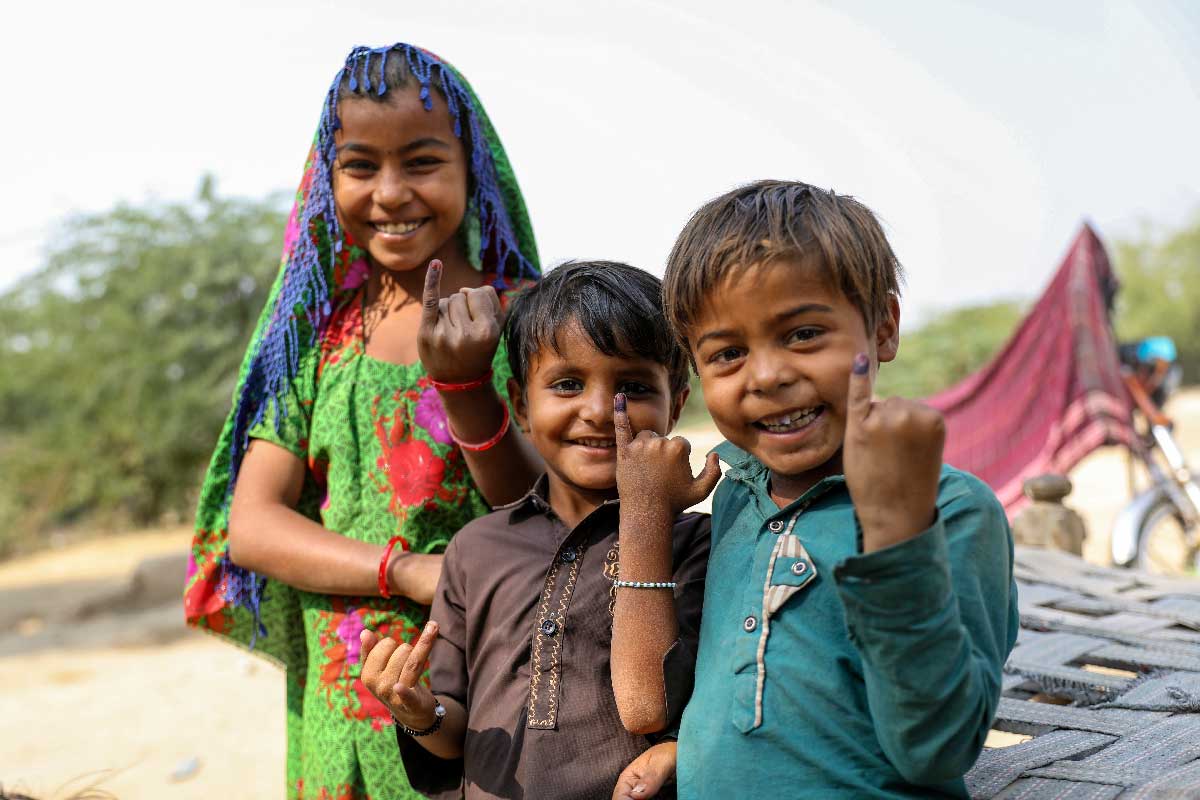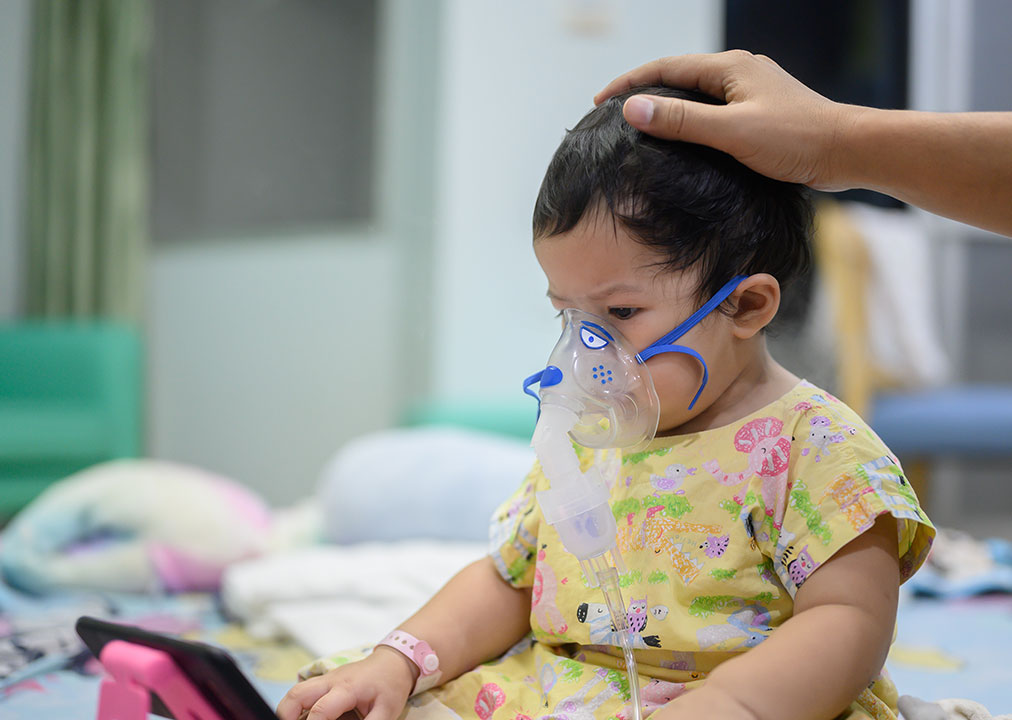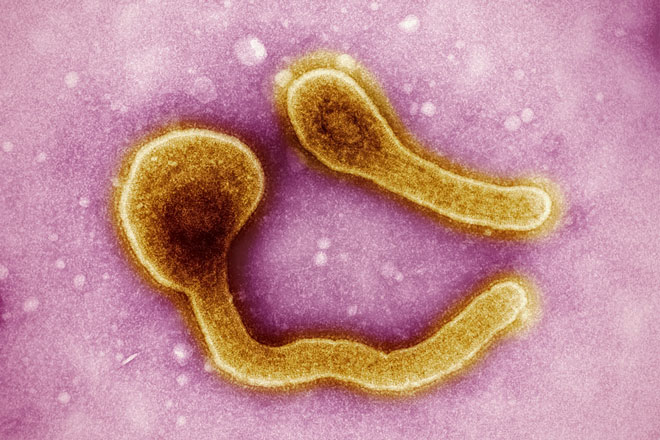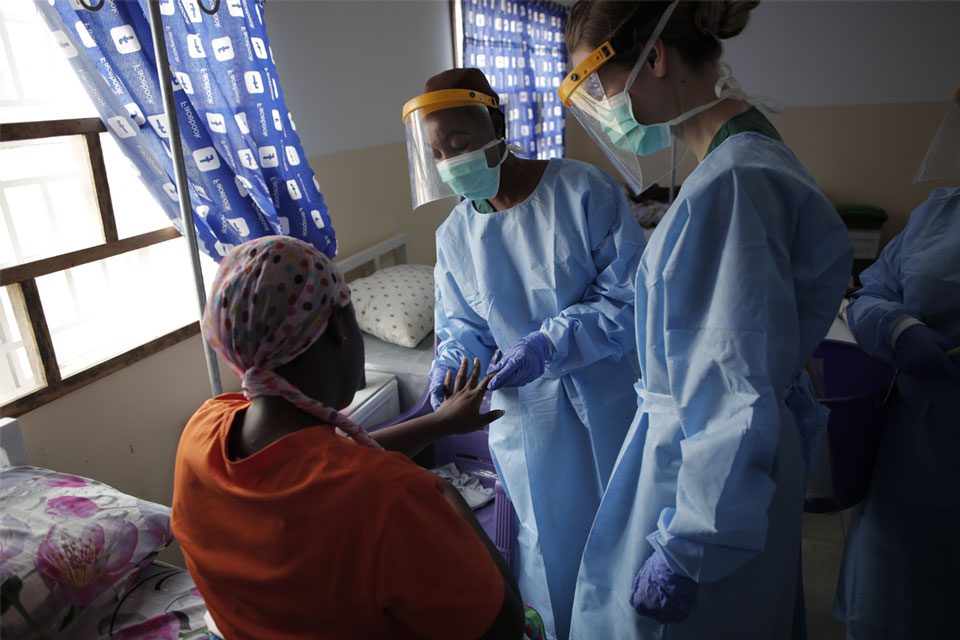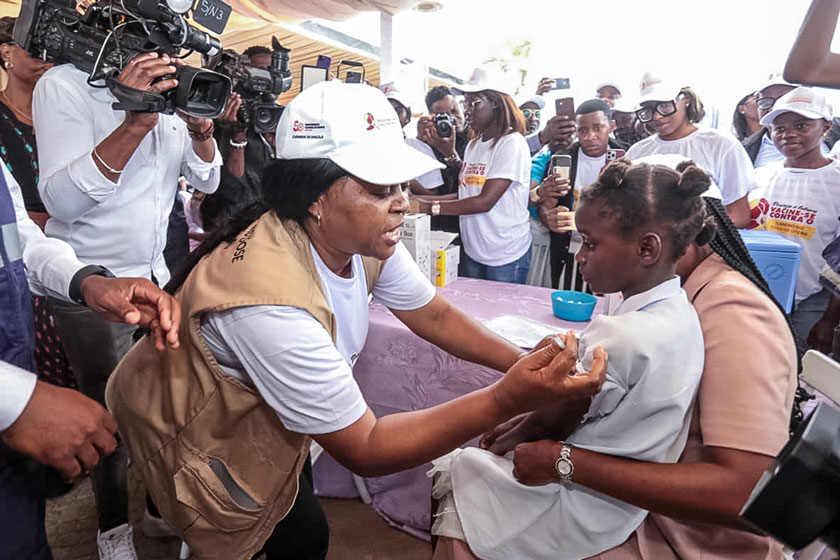More than a quarter of a million infants estimated to have died due to pandemic poverty
More than a quarter of a million infants in low- and middle-income countries are predicted to have died in 2020 due to the economic impact of COVID-19.
- 30 August 2021
- 4 min read
- by Linda Geddes
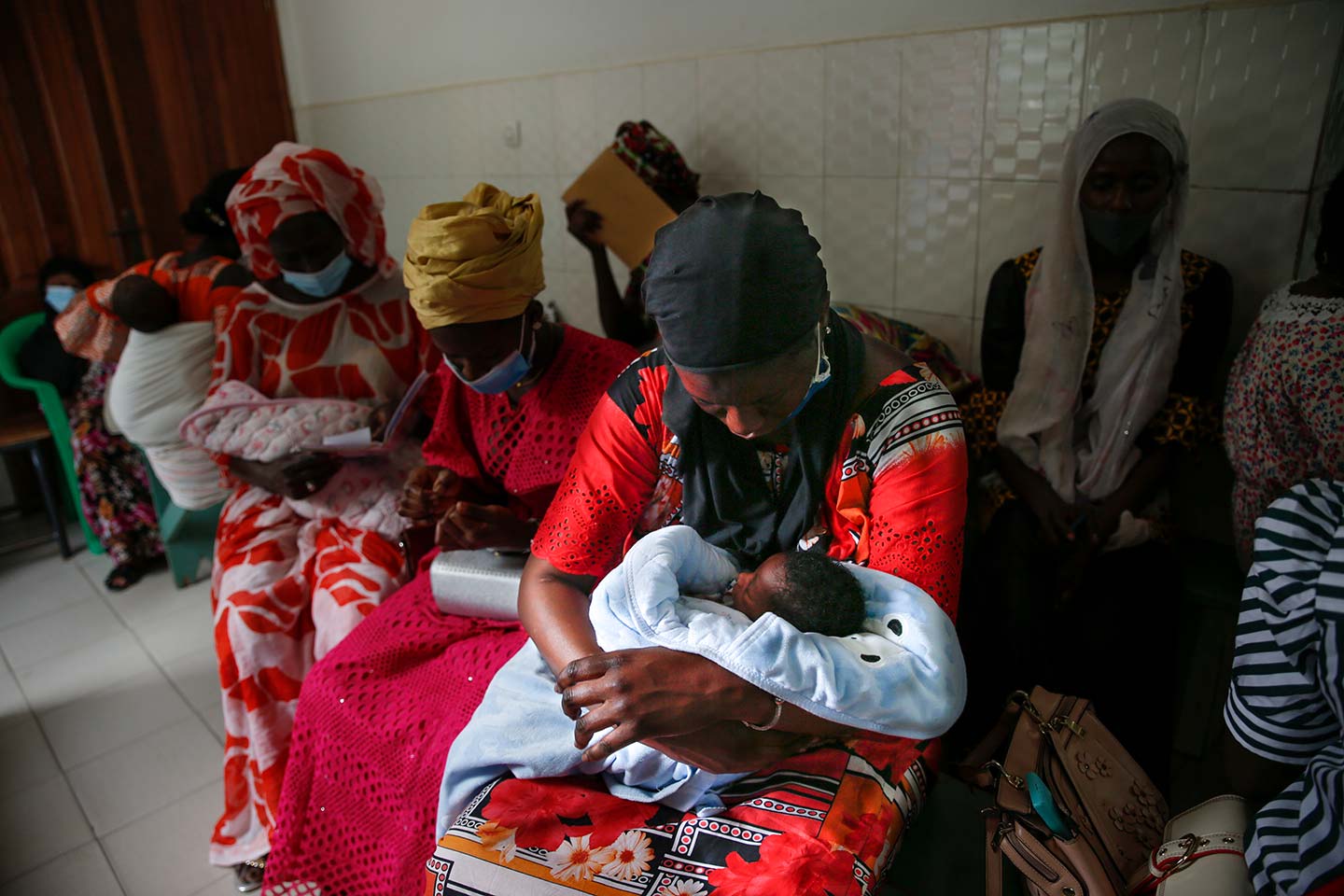
Throughout the pandemic, children have mercifully been spared the high rates of death and serious illness associated with older age groups. But they may be less immune to the economic fallout of the pandemic, scientists suggests.
Using forecasted declines in economic growth, researchers at the World Bank estimate that an additional 267,000 infants are likely to have died during 2020 in low- and middle-income countries – 7% higher than expected. Further resources to stabilise health systems and strengthen social safety nets are needed to mitigate the ongoing human, social and economic consequences of the pandemic, they suggest.
“Impoverishment at the household level will lead to worse nutrition and care practices for infants and reduced ability to access health services, while the economic crisis might also affect the supply and quality of services offered by the health systems”
Although COVID-19 has had a relatively small direct impact on infant deaths, measures brought in to contain the pandemic have disrupted access to essential healthcare, including routine vaccinations. It has also caused the global economy to contract, with up to 150 million additional people expected to be living in extreme poverty – defined as living on less than US$1.90 a day – by the end of 2021.
This economic decline is likely to be associated with reduced access to nutritious food and other key goods and services necessary for child survival.
To estimate the impact of the economic downturn on infant mortality, Gil Shapira and colleagues at the World Bank’s development research group in Washington DC, linked GDP per capita data to 5.2 million birth histories recorded in 128 low- and middle-income countries between 1985 and 2017. They then used growth projections by the International Monetary Fund to predict the impact of the economic downturn triggered by the COVID-19 pandemic on infant deaths.
Have you read?
Their findings, published in BMJ Open, suggest there may have been 267,208 excess infant deaths in the 12 months following the start of the pandemic – 6.8% higher than expected for 2020. Most of these deaths are likely to have occurred in South Asia (113,141 additional deaths), followed by sub-Saharan Africa (82,239 additional deaths), the East Asia and Pacific regions (32,537 additional deaths), Latin America and the Caribbean (17,202 additional deaths), Middle East and North Africa (14,127 additional deaths) and Europe and Central Asia (7,962 additional deaths).
“Several mechanisms are likely driving this increase in mortality among children 0–1 year of age,” they write. “Impoverishment at the household level will lead to worse nutrition and care practices for infants and reduced ability to access health services, while the economic crisis might also affect the supply and quality of services offered by the health systems.”
The team added that these excess deaths could be solely attributed to the economic effects of the COVID-19 pandemic; the actual excess mortality may be higher if the current economic downturn is accompanied by larger disruptions to the provision of essential health services relative to previous downturns.
“Regardless of the exact number of projected deaths, the large number of excess infant deaths estimated in our analysis underscores the vulnerability of this age group to negative aggregate income shocks such as those induced by the COVID-19 pandemic,” they said. "Our estimates are suggestive of other vulnerabilities not directly attributable to COVID-19 among other segments of the population such as children aged 1–5 years, pregnant women and the elderly.
“As countries, health systems and the wider global community continue efforts to prevent and treat COVID-19, we should also consider resources to stabilise health systems and strengthen social safety nets in order to mitigate the human, social and economic consequences of the pandemic and related lockdown policies.”


